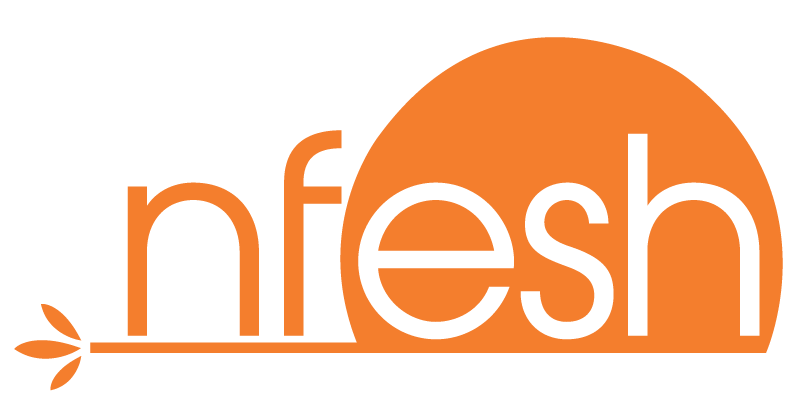Schools are opening across the country. Children are headed back to classrooms – for now. As the country and world begin to assess the potential of another more virulent strain of the delta virus, we are once again face-to-face with a different reality. But so many things are “different” that what was once considered so is now looked upon as not so different. In fact, in many instances the new reality has brought us needed changes and many more opportunities.
Let’s stay focused on education. But here we are talking about adult education. We are not going to even touch the subject of virtual schooling for youngsters. We are going to talk only about this new virtual schooling for adults. Let us explain: It wasn’t so long ago that people seemed perplexed by the notion of “virtual learning.” To some it didn’t seem real. Many were quick to criticize, saying that they didn’t find much value, or virtue, in it at all. This virtual reality gave us distance learning. And we are glad it did, too.
Fortunately, as access to the Internet has become more widespread, even the naysayers’ opinions began to change – and so did the way everyone went about communicating—and learning. We began to regard the Internet as a tool both to keep us connected and to expand our horizons. This virtual world of hyper connectivity then began to be seen as a virtue, a means of connecting, communicating, working and learning in community, regardless of where we live or sit. And to do so in safety.
We have all been physically distanced and physically isolated. But the Internet has enabled us to become less socially distanced. With a few clicks of a mouse, we can actually see and conduct business with our officemates from work; enjoy time with our families in faraway places; shop for groceries and even examine automobiles that we are considering purchasing without ever having to leave our homes. Yes, with the click of a mouse the world has opened up many new experiences, ideas, views and viewpoints and has even gotten us off the couch and has given us exercise routines to follow. Why, we can even show a doctor that irritating rash that will not go away, all without ever leaving our rooms.
Prior to the pandemic, NFESH was asked to and we began a process of creating in-person education opportunities for our partners in several states. We were charged with the challenge of creating curricula, and designing and developing a wide-ranging set of courses to address the various and varied aspects of those areas of knowledge needed to operate exemplary senior nutrition programs. We began that work just prior to the pandemic’s rearing its ugly head throughout the world. We then had to do what so many organizations and businesses and, quite frankly, people did – we pivoted. We changed the design and implementation process to an on-line learning platform. We used the tool of distance learning to alter our approach to providing educational opportunities to senior nutrition programs and senior centers. In this sense the pandemic enabled us to expand our thinking about offering educational opportunities to a broader constituency.
We call our on-line learning platform the Senior Center Community College (SCCC). The name is quite specific. It’s a Senior-Centered educational learning platform that allows those individuals who work with seniors in any kind of organization or program that is part of the Community to enrich their knowledge about subjects pertaining to many aspects of aging. The Senior Center(ed) Community College is an on-line, student-directed, student-oriented and specifically customized virtual college that can be delivered right to your computer. Our full course catalog and curriculum has been and is being tailored with you in mind.
Those State Units on Aging in Georgia and Kentucky have contracted with us to provide the SCCC to their entire State aging network. Those local entities enrolling have been Area Agencies on Aging, senior centers, home-delivered meals programs and even individuals working in the State Units on Aging.
The course catalog of classes is constantly being updated, as is typical of all institutions of learning. Individuals in other states may enroll in one or more or all of the courses offered. Each student can make the space in his or her schedule and set the pace at which to expand their knowledge base or brush up on those skills that may have grown a bit rusty over the months and years. As each student works his or her way through the individual courses of study they will simultaneously be engaged in a virtual community of professional peers. Soon, we will be adding a college radio station (podcasts) and webinars.
We understand that both Continuing Education and the recognition of that accomplishment through the presentation of an official certificate for those who have successfully completed the courses are important elements in professional development. They formally recognize that an individual has achieved an objective and standard level of expertise in a given subject area. With that in mind, we are proud to announce that we have partnered with the University of Kentucky’s Human Development Institute (HDI) on this SCCC. Upon successful completion of each subject, the student will receive an electronic Certificate of Completion from NFESH and HDI.
The cost of SCCC on-line attendance will be determined by which and how many courses each individual student chooses to take. Thereby, students can tailor their participation to fit their budgets. The courses will range from “entry-level” to advanced courses in a wide variety of subjects. Regardless of the number of courses in which a student enrolls, we know that every one of those professionals shares our view of the importance of continuing education – namely, it’s invaluable.
Watch this space for more information about enrolling in the SCCC, or contact us by email at nfesh@nfesh.org with the subject line “college,” and let’s start talking.

